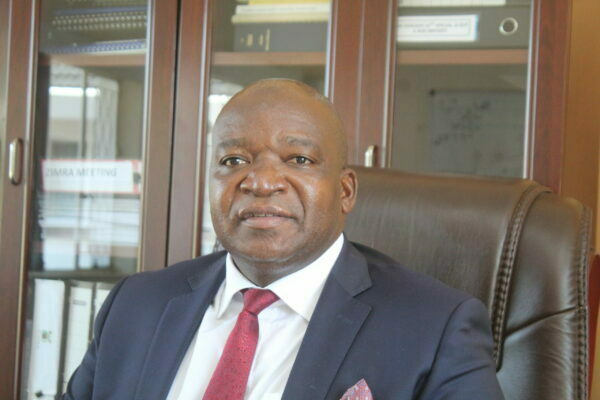The Zimbabwe Mining sector is set to experience a surge in demand for electricity, as it requires in excess of 2,000 MW in the next three to four years, a 344% increase compared to current needs as the industry expands.
The Chamber of Mines of Zimbabwe (CoMZ) Chief Executive Officer Mr Isaac Kwesu said that the increase in demand is fueled by a surge of mining projects in the country fuelled by a government keen to raise more export revenues.
“There are a lot of projects that are currently ongoing,” Kwesu told journalists attending the Chamber of Mines Annual Conference and Exhibition in Victoria Falls.
“Currently, mining the industry requires around 450MW, but with the current projects that are being undertaken, in the next three to four years, the demand will surge to around 2 000MW which is more than what is currently being generated locally,” Kwesu said.
“So, this is a big issue that we will want to engage Zesa and government among other interested investors in the energy sector.”
Bindura Nickel Corporation (BNC) Managing Director Thomas Lusiyano told the gathering on Wednesday that power outages were crippling the company’s operations.
“We are currently experiencing up to 12 hours a day of power outages and under those circumstances, we cannot produce effectively and cost-effectively,” he said.
“The mining industry, by nature, is a 24-hour operation. It happens everywhere in the world. Now, if you are losing 12 hours of that 24-hour mining operation then definitely you cannot recover. The scope is not there for recovery.
“We are appealing to Zesa for a stable supply of power. The other component of the challenge with power is that it is too costly in this country. A USc10,63/kWh is not sustainable.
“We have to make a conscious decision as a nation whether we allow this nickel production sector to die or we make a trade off and be able to supply low-cost power to sustain this industry and earn the foreign currency that comes from exports of nickel,” Lusiyano added on.
The CoMZ’s gold producers committee chairman Qubeka Nkomo said most gold producers were not on dedicated power lines which has led to their operations being heavily affected by power outages.
“Some reports indicated that some of the mines have gone for as much 12 to 16 hours a day out of power,” he said.
“So, these outages have resulted in production disruptions and, of course, loss of output. Therefore, there is a need to prioritise gold producers for available power to minimise production stoppages.”
Inadequate power supply if left unchecked will hinder the attainment of the 12 billion mining industry target whose deadline is now only six months away.
.png)




